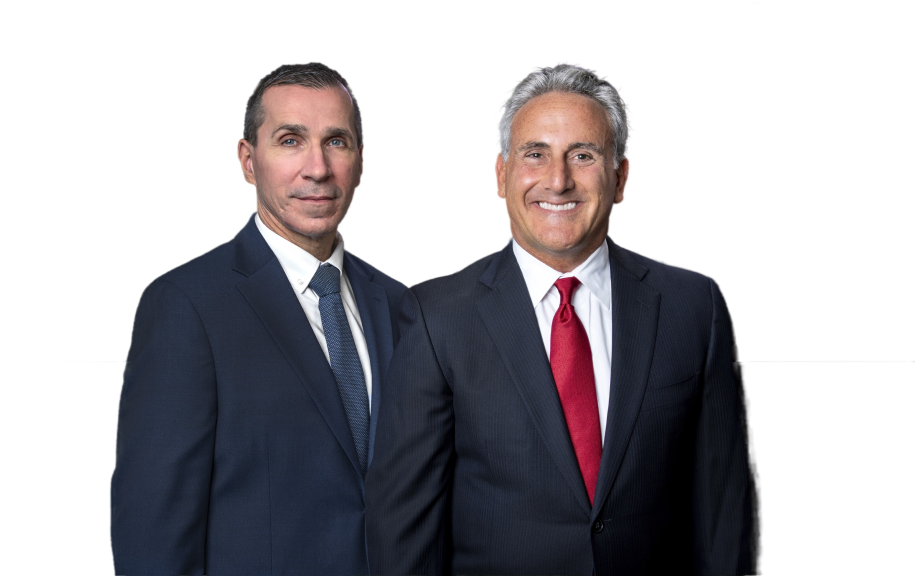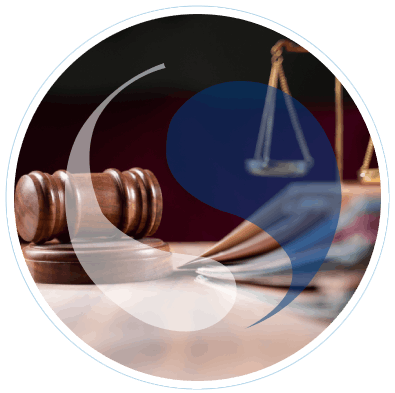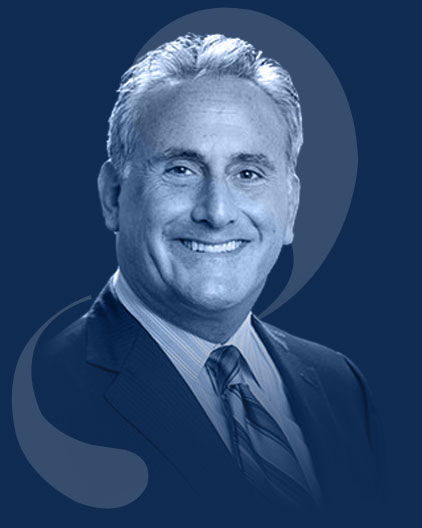Attorneys Focused on Personal Injury:
Your Partners in Seeking Justice


We have recovered
hundreds of millions of dollars
for our clients in settlements and verdicts!
We Get Results
$17
MILLION
Birth/Brain Injury/Medical Malpractice Verdict
$8.58
MILLION
Birth/Brain Injury Verdict
$4.95
MILLION
Motor Vehicle Accident
$3.6
MILLION
Brain Injury/Medical Malpractice Settlement
$3.5
MILLION
Medical Malpractice Injury Settlement
$3.5
MILLION
Birth/Brain Injury Settlement
$3
MILLION
Birth/Brain Injury Settlement
$2.37
MILLION
Truck Accident Verdict
$2
MILLION
Workers’ Compensation & Personal Injury
$1.95
MILLION
Birth/Brain Injury/Wrongful Death Settlement
$1.8
MILLION
Bus Accident
$1.5
MILLION
Motor Vehicle Accident
$1.3
MILLION
Medical Malpractice/Wrongful Death Verdict
$1.28
MILLION
First Amendment Violation Against Two Police Officers
$1.1
MILLION
Motor Vehicle Accident
$1.1
MILLION
Automobile/Semi-truck Accident
$1.03
MILLION
Motor Vehicle Accident
$1
MILLION
Automobile Accident
$1
MILLION
Automobile Accident
$1
MILLION
Automobile Accident
$1
MILLION
Trucking Accident – Excess Of $1,000,000
$1
MILLION
Motorcycle Railroad Crossing Motorcycle Accident
$1
MILLION
Motorcycle Accident
$967K
Wrongful Death Settlement
$900K
Motorcycle Accident
$850K
Birth/Brain Injury/Wrongful Death Settlement
$800K
Medical Malpractice/Wrongful Death
$750K
Motor Vehicle Accident
$750K
Medical Malpractice
$700K
Wrongful Death Settlement
$650K
Medical Malpractice/Wrongful Death
$650K
Motorcycle Accident
$625K
Accidental Discharge Of Firearm
$625K
Excessive Force
$600K
Negligent Supervision Of A Minor
$590K
Nursing Home Negligence/Wrongful Death
$575K
Medical Malpractice
$550K
Trucking Accident
$537K
Slip & Fall/Premises Liability Settlement
$500K
Wrongful Death Settlement
$500K
Personal Injury Verdict
$500K
Nursing Home Negligence/Wrongful Death
$500K
Medical Malpractice/Wrongful Death
$475K
Nursing Home Negligence/Wrongful Death
$425K
Workers’ Compensation
$415K
Premises Liability
$390K
Medical Malpractice/Wrongful Death
$375K
Medical Malpractice
$360K
Wrongful Death Settlement
$350K
Nursing Home Negligence/Wrongful Death
$350K
Industrial Accident
$350K
Nursing Home Negligence/Medical Malpractice
$330K
Automobile Injury Settlement
$329K
Automobile Injury Settlement
$325K
Wrongful Death Settlement
$315K
Nursing Home Negligence
$300K
Medical Malpractice
$300K
Trucking Accident
$300K
Workers’ Compensation
$275K
Automobile Injury Settlement
$275K
Medical Malpractice Settlement
$265K
First Amendment Violation Against Police Officer
$265K
Motor Vehicle Accident
$260K
Dog Bite
$250K
Negligence Against Store
$250K
Trucking Accident
$250K
Motorcycle Accident
$250K
Medical Malpractice Claim
$250K
Motor Vehicle Accident
$243K
Motor Vehicle Accident Verdict
$225K
Medical Malpractice Settlement
$215K
Workers’ Compensation
$200K
Nursing Home Negligence
$197.5K
Automobile Accident
$195K
Nursing Home Negligence
$180K
Nursing Home Negligence
$175K
3rd Party Industrial Accident
$175K
Dog Bite
$168K
Automobile Accident
$162.5K
Motor Vehicle Accident
$155K
Automobile Accident
$150K
Nursing Home Negligence /Wrongful Death
$150K
Automobile Accident
$150K
Dog Bite
$150K
Accidental Discharge Of Firearm
$150K
Motor Vehicle Accident
$150K
Automobile Injury Settlement
$150K
Medical Malpractice Verdict
$148K
Nursing Home Claim
$147.5K
Automobile Accident
$147K
Bus Accident
$140K
Nursing Home Negligence
$140K
Motor Vehicle Accident
$139K
Workers’ Compensation
$137.5K
Motor Vehicle Accident
$128K
Bus Accident
$125K
Motor Vehicle Accident
$125K
Nursing Home Negligence/Wrongful Death
$125K
Motor Vehicle Accident
$125K
Automobile Accident
$122.5K
Nursing Home Negligence
$120K
Premises Liability
$120K
Breach Of Contract
$119K
Automobile Accident
$117K
Automobile Accident
$110K
Nursing Home Negligence
$105K
Dog Bite
$105K
Motor Vehicle Accident
$105K
Automobile Accident
$105K
Wrongful Death Settlement
$105K
Motorcycle Injury Settlement
$105K
Automobile Injury Settlement
$101K
Automobile Injury Settlement
$100K
Motor Vehicle Accident Settlement
$100K
Automobile Injury Settlement
$100K
Automobile Accident/Wrongful Death
$100K
Motorcycle Accident
$100K
Motor Vehicle Accident
$100K
Motor Vehicle Accident
$100K
Automobile Accident
$100K
Motor Vehicle Accident
$100K
Automobile Injury Settlement
$100K
Automobile Injury Settlement
$100K
Workers’ Compensation
We serve clients all throughout
the state of Ohio
practice areas

We Are On Your Side
At The Skolnick Weiser Law Firm, LLC,
in Cleveland, we help the injured,
disabled and grieving rebuild their lives.
With over 56 years of combined experience, Howard Skolnick and Edward Bohac work passionately and thoroughly to obtain justice and maximum compensation for injured individuals in Cleveland and across Ohio.

No Recovery, No Legal Fee
If no recovery is made, you won’t have to pay us. In most cases, the attorney fee structure is:
- 33 1/3% of the gross proceeds if the claim is settled prior to filing a lawsuit;
- 40% of the gross proceeds of the gross proceeds if a lawsuit is filed.
Under Ohio law, it must be disclosed that the client is responsible to reimburse the attorney for its out-of-pocket necessary expenses incurred in the preparation of the case. These expenses are deducted from the gross proceeds. However, if there is no recovery, The Skolnick Weiser Law Firm, LLC, does not seek reimbursement for any costs that we advance.
Why Clients Recommend Us
This is why people throughout Ohio recommend our lawyers to their friends, relatives, and colleagues:
- We carefully explain your legal options
- We keep our clients updated throughout the entire process
- We bring personal care and concern to every case
- We promptly respond to all messages
- We fight for the best result possible
If you are in Ohio and need counsel from a caring and qualified personal injury attorney, we are here for you.

What Our Clients Say

“My favorite experience is the person-to-person contact. I refer them to family and friends.”
- Twyla Landon-Robinson
“Loved the view of Lake Erie! Mr. O’Neil keeps me informed personally. The staff is kind and professional.”
- Bonita Hackett
“Very satisfied. My lawyer offered a worry free experience, answered or returned phone calls, and I got a what I feel to be a fair and equitable result. They are professional and I am glad they are on my team. I wish I would have contacted them earlier. Their caring, professional demeanor and performance are top notch making this a painless experience. I know things were done and done correctly. I am a repeat client! You are my firm!”
- Dennette Waters
“They care about their clients! I am so very happy! They are all great!”
- Jeanette Brown
“They made my injury number one. The lawyer and staff did a great job. I would refer them without a doubt.”
- Leon Morgan
“Fast and thorough.”
- Robert Burless, Jr.
“They explained every concern and question I had each step of the way. They were flexible to my situations and needs at all times. I like how available they were for me at all times. I loved the special care and attention they gave me when I was discharged from the hospital to the nursing home. We loved their location. I will stick with the Skolnick Weiser Law Firm in the future and recommend them to family and friends.”
- Sonia Peterson
“They were very understanding and professional. My most favorable experience is the way they walked me through my situation. I would retain their services again and most definitely refer them to family and friends.”
- George Palmer, Jr.
“I was very pleased. Very professional and very good people. I would refer family and friends to the Skolnick Weiser Law Firm.”
- Carolyn Mathews








